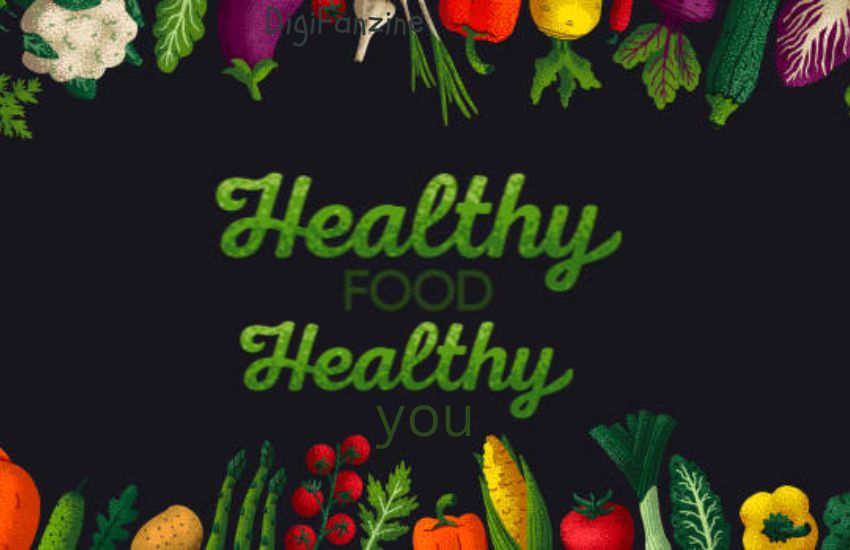In a world increasingly focused on health and sustainability, the term “ỏganic” has become a buzzword. But what exactly does it mean? In this article, we will delve into the meaning of ỏganic, explore its benefits, and examine why it has become such a significant aspect of modern living. From food to personal care products, understanding ỏganic can help make more informed choices for a healthier lifestyle and a better environment.
What is ỏganic?
The term “ỏganic” refers to products that are produced using methods that do not involve synthetic chemicals, genetically modified organisms (GMOs), or artificial additives. The focus is on maintaining ecological balance and conserving biodiversity. Organic farming practices, for example, emphasize the use of natural fertilizers, crop rotation, and pest control methods that do not harm the environment.
Historical Background of ỏganic Practices
Organic practices are not a new phenomenon. Traditional farming methods, which relied on natural processes, can be considered the original organic farming. However, the industrial revolution and the advent of synthetic chemicals in agriculture led to a decline in these methods. The modern organic movement began in the early 20th century as a response to the negative impacts of industrial farming, emphasizing a return to more natural and sustainable practices.
Benefits of ỏganic Products
Health Benefits
One of the primary reasons people choose ỏganic products is for their health benefits. Organic foods often contain higher levels of essential nutrients, such as vitamins, minerals, and antioxidants. Additionally, because organic farming avoids the use of synthetic pesticides and fertilizers, the risk of consuming harmful residues is significantly reduced.
Environmental Benefits
ỏganic farming practices are designed to be environmentally friendly. By avoiding synthetic chemicals, organic farming reduces pollution and minimizes the impact on local ecosystems. Practices such as crop rotation and the use of compost help maintain soil health and fertility, promoting biodiversity and reducing the need for chemical interventions.
Common ỏganic Products
Organic Food Items
- Fruits and Vegetables: Organic fruits and vegetables are grown without synthetic pesticides and fertilizers, making them a popular choice for health-conscious consumers.
- Dairy Products: Organic dairy products come from animals that are raised on organic feed and are not treated with synthetic hormones or antibiotics.
- Meat and Poultry: Organic meat and poultry are sourced from animals that are raised in humane conditions and fed organic diets.
Organic Personal Care Items
- Skincare Products: Organic skincare products are made from natural ingredients and free from synthetic chemicals, providing a gentler option for skin care.
- Haircare Products: Organic shampoos and conditioners use natural ingredients to cleanse and nourish hair without the harsh effects of synthetic additives.
Organic Household Products
- Cleaning Supplies: Organic cleaning products use natural ingredients to provide effective cleaning without the harmful effects of conventional chemicals.
- Clothing and Textiles: Organic cotton and other natural fibers are grown without synthetic pesticides, offering a sustainable alternative to conventional fabrics.
How to Identify ỏganic Products
Identifying ỏganic products can be challenging due to the variety of labels and certifications available. However, there are some key indicators to look for:
- Labels and Certifications: Look for certifications from reputable organizations that verify the organic status of a product. These certifications ensure that the product meets specific organic standards.
- Reading Ingredient Lists: Checking the ingredient list can help identify whether a product is truly organic. Ingredients should be natural and free from synthetic additives.
- Trusted Sources and Brands: Purchasing from trusted brands and sources that prioritize organic practices can also ensure the authenticity of the products.
The Market for ỏganic Products
The market for organic products has seen significant growth in recent years. Increasing consumer awareness of health and environmental issues has driven demand for organic foods, personal care items, and household products. This trend is expected to continue as more people seek out products that align with their values and lifestyle choices.
Current Trends in the Organic Market
- Consumer Demand and Preferences: Consumers are increasingly looking for organic options as they become more aware of the benefits. This has led to a wider availability of organic products in supermarkets and specialty stores.
- Future Growth Projections: The organic market is expected to continue growing, with more products becoming available and more consumers making the switch to organic.
Challenges in the ỏganic Industry
Despite the benefits, the organic industry faces several challenges:
- Higher Costs of Organic Products: Organic products are often more expensive due to the labor-intensive practices and lower yields associated with organic farming. This can make them less accessible to some consumers.
- Limited Availability in Some Regions: In certain areas, finding a wide variety of organic products can be difficult, limiting consumer choices.
- Regulatory and Certification Issues: Ensuring that products meet organic standards requires rigorous certification processes, which can be costly and time-consuming for producers.
FAQs
What does “ỏganic” mean?
ỏganic refers to products that are produced without synthetic chemicals, genetically modified organisms (GMOs), and with environmentally friendly farming practices.
Are ỏganic products healthier?
Many studies suggest that organic products can be healthier due to higher nutrient content and the absence of harmful pesticides and chemicals.
Why are ỏganic products more expensive?
Organic farming practices are often more labor-intensive and require more time, resulting in higher production costs.
How can I be sure a product is truly ỏganic?
Look for certification labels from reputable organizations and read the ingredient list carefully.
Is the demand for ỏganic products increasing?
Yes, there is a growing consumer awareness and demand for organic products, leading to a steadily increasing market.
Conclusion
In conclusion, choosing ỏganic products offers numerous benefits for health and the environment. By understanding what ỏganic means and how to identify these products, consumers can make informed choices that support sustainable practices and contribute to a healthier lifestyle. As the market for organic products continues to grow, it is likely that more options will become available, making it easier for everyone to incorporate organic choices into their daily lives.
